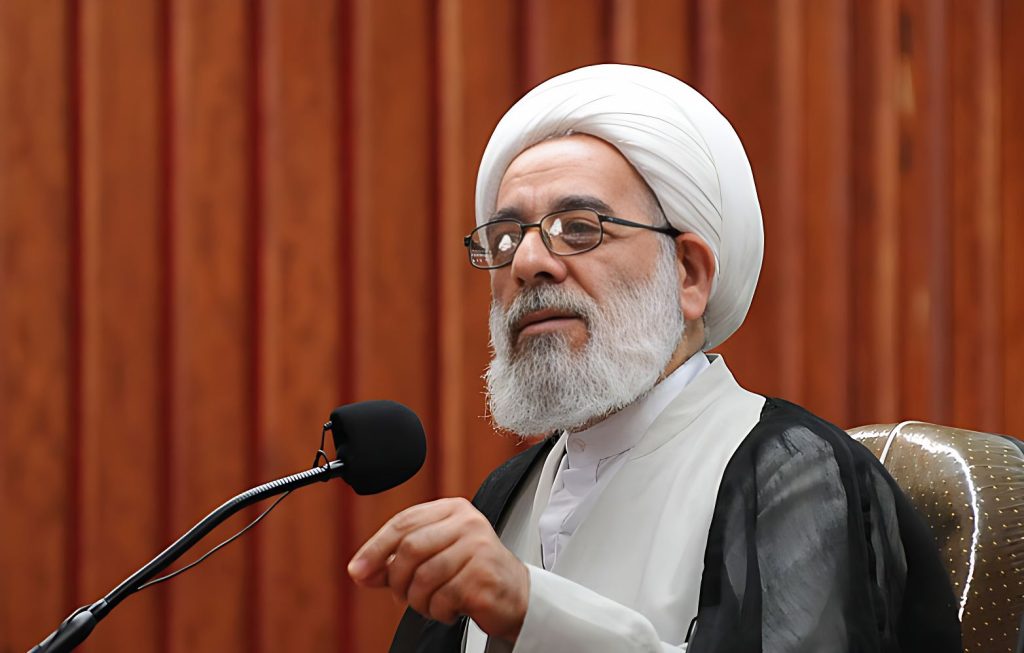Course Overview
Subject: Kifāyat al-Uṣūl, part 3: discussion on absolute and conditional [muṭlaq & muqayyad]
Professor: Ayatollah Ahmad Farrokh Fal
Class Time: From Sunday, September 12, 1400, Saturday to Wednesday at 8-9.
Venue of the class: it will be held in person at the Dar al-Shifa Mosque.
A brief description of the Kifāyat al-Uṣūl:
Kifāyat al-Uṣūl, along with Farā’id al-Uṣūl or Sheikh Ansari’s “treatises,” is one of the most famous Shiite works in the science of the principles of jurisprudence in the fourteenth lunar century. The author of this work is Akhund Khorasani, one of the Twelver Shiite marjaʿ [religious authority] and one of the greatest scholars of the principles of Shiite jurisprudence, as well as one of the leaders of the Constitutional Revolution. Kifāyat al-Uṣūl is the latest textbook of the science of the principles of jurisprudence at the highest level of the Shiite seminary. The topics of this book are divided into an introduction and two main parts.
Course Professor
Ayatollah Ahmad Farrokh Fal was born in September 1337 A.H./1958 C.E. in a religious family in Isfahan. His father, the late Professor Mahmoud Farrokh Fal, had many skills in the Quranic sciences and was a Quran teacher. As a child, Ayatollah Ahmad Farrokh Fal was introduced to the Holy Quran and the history of Islam and the prophets by his father, and after his general education, he decided to enter the seminary while being a teacher of reciting the Holy Quran. He started his seminary education in 1975 in Isfahan. With the victory of the Islamic Revolution, he migrated to the seminary of Qom. He passed the seminary courses such as Kifāyat al-Uṣūl with the late Ayatollah Sotoudeh. kharij (post-doctorate) course in the principles of jurisprudence with Ayatollah Vahid Khorasani (ten years). kharij (post-doctorate) course in jurisprudence with the late Ayatollah Haj Sheikh Javad Tabrizi and Ayatollah Fazel Lankarani.

Works
- The ruling on singing and music;
- The Ruling on Looking at and Covering up;
- Food and Drinks in Islamic Jurisprudence;
- The Insights and the Requirements in the two Holy Shrines.
